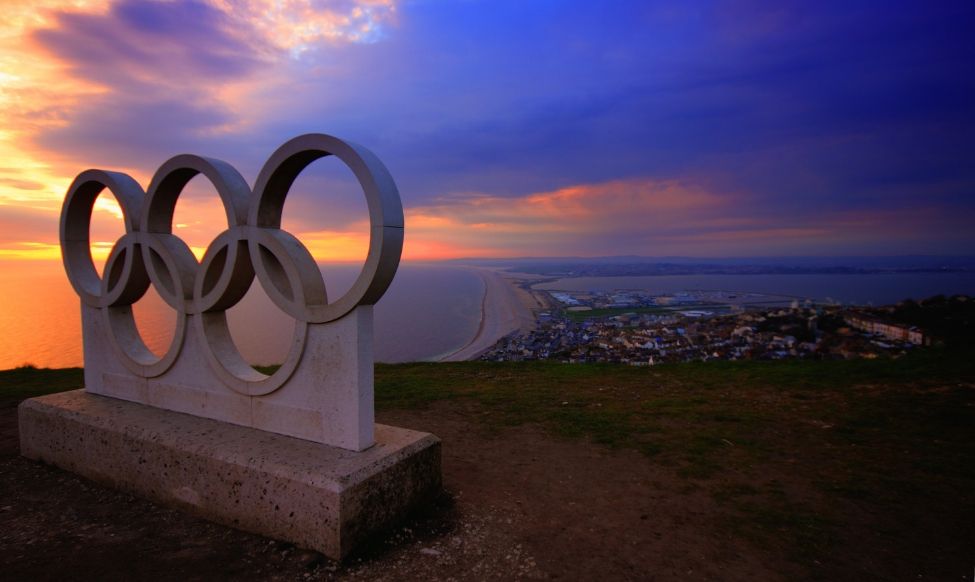With the upcoming arrival of the 2024 Summer Olympics Games, a friendly reminder to all Olympic enthusiasts that any unauthorized commercial use of the Olympic trademarks, logos, images, or symbols is prohibited. Because the United States Olympic & Paralympic Committee (“USOPC”) does not receive government funding to support its athletes, the USOPC has broad discretion to vigorously enforce its intellectual property.
Federal law gives the USOC exclusive rights to the symbol of the five interlocking rings, the Olympic flame and torch, and to the words, inter alia, “Olympic,” “Olympiad,” “Team USA,” “Paris 2024,” “Los Angeles 2028.” The statute is further extended to prohibit any advertising that tends to suggest a connection with the Olympics or the USOPC. The USOPC’s rights, however, are limited to situations where these words or symbols are used (1) to offer goods or services for sale; or (2) to promote a theatrical exhibition, athletic performance, or competition. In addition, it does not include trademarks or logos owned by the National Governing Body for specific sports.
Moreover, the USOPC holds trademark rights to Olympic-related words, images, and symbols. Section 43(a) of the Lanham Act prohibits the use of trademarks when they (1) are likely to deceive or create a false impression of affiliation or endorsement; or (2) misrepresent in advertising certain aspects of the product.1 Unauthorized use of the trademarks could subject a user to possible claims of false endorsement or affiliation, which operate separately from USOPC’s exclusive statutory rights. Although there are certain exceptions to infringement based on fair use, news reporting, news commentary, or any noncommercial use, the USOPC is not afraid to object to the use of its trademarks by a non-licensed party.
Creative marketers have attempted by “ambush marketing” to find a route around USOPC’s rights by creating advertising materials with some Olympic flavors without using the protected marks. For example, by taking photographs of national flags or competing athletes; by advertising near event locations; adopting themes and color palettes similar to the event; and real-time social media marketing. Such imagery could be eye-catching to consumers; however it is only acceptable if the attempts are not in violation of any anti-ambush marketing laws.
One instance of piggybacking off Olympic sponsors was when Michael Phelps, the face of the Olympics, began appearing in Subway commercials. Subway, not an Olympic sponsor, ran a commercial featuring Michael Phelps swimming to “where action is this winter.” The USOPC characterized the ad as “ambush marketing” and an attempt to falsely associate Subway with the Olympics as a sponsor. Another famous example of capitalizing on real-time events with media marketing arose during the 2013 Super Bowl, when after a power outage at the Superdome, OREO cookies seized the opportunity by tweeting the message “Power Out? No problem” which was accompanied by an ad showing a single, starkly lit OREO cookie beside the caption, “You can still dunk in the dark”. The tweet quickly went viral allowing OREO to capitalize on the event without being an official sponsor.
In short, the USOPC has a reputation for aggressively policing their exclusive rights to certain words, phrases and symbols, and they have a special federal law to back them up. Be cautious of the use of Olympic trademarks by knowing and understanding where the boundaries are. If you’re thinking of advertising your business with an Olympic-themed promotion, you might want to find another Gold Medal-winning strategy.
Click here for additional information on the USOPC’s logos.
1.15 U.S.C.S. § 1125

